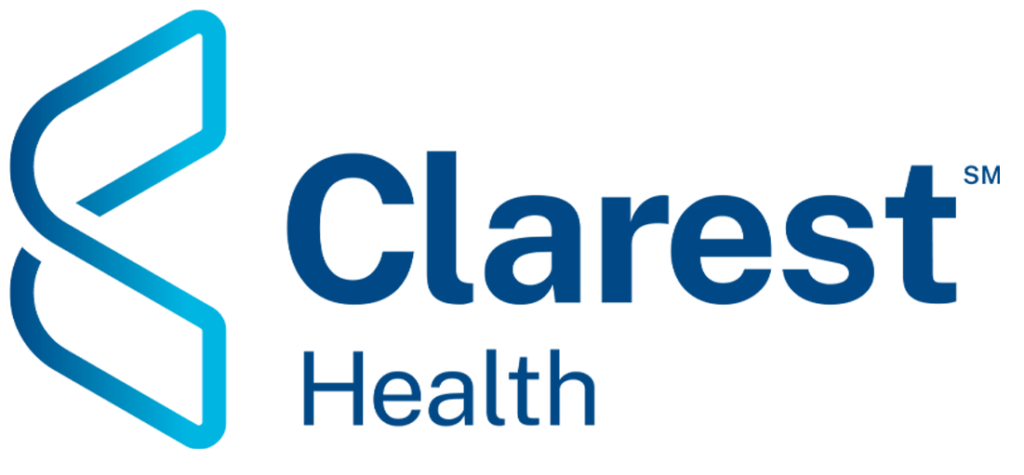Ensuring safe and effective Medication Management is crucial in long term care (LTC) facilities, where residents rely on medications to maintain their health and well-being. However, the complex nature of medication regimens and the diverse needs of residents can make this task challenging.
The Importance of Regular Monitoring
Regularly monitoring medication-related outcomes and measuring the effectiveness of optimization efforts is critical in improving patient care. LTC facilities should be tracking metrics like Medication Errors, adverse drug reactions, hospitalizations, and resident satisfaction. Utilizing these metrics to identify areas that require further improvement and adjust strategies accordingly. The following is a step-by-step guide on how to review and optimize medication management practices in long-term care facilities, promoting enhanced patient safety and overall quality of care.
-
Conduct a Comprehensive Medication Audit
Begin the optimization process by conducting a thorough medication audit. This involves reviewing all medications prescribed to residents, including dosages, frequencies, and potential interactions. Ensure that medication records are accurate and up-to-date. Identify any discrepancies or areas for improvement, such as duplicate therapies or outdated prescriptions.
-
Standardize Medication Administration Processes
Establish or review standardized protocols for medication administration within the facility. This includes guidelines on timing, documentation, storage, and disposal of medications. Consistent practices reduce errors and improve efficiency. Train staff members on these protocols and provide ongoing education to keep them updated on best practices.
-
Enhance Medication Reconciliation Procedures
Implement robust medication reconciliation processes during transitions of care, such as admission, transfer, and discharge. This involves comparing the medications a resident is currently taking with newly prescribed medications to identify and resolve any discrepancies. Effective reconciliation reduces the risk of medication errors and adverse events.
-
Improve Communication and Collaboration
Facilitate clear and effective communication among healthcare professionals involved in resident care. Encourage regular interdisciplinary meetings where physicians, nurses, pharmacists, and other team members can discuss medication-related concerns, optimize therapy plans, and address any challenges. Enhancing collaboration ensures a holistic approach to medication management.
-
Educate Residents and Caregivers
Empower residents and their caregivers with knowledge about their medications. Provide educational materials and conduct one-on-one counseling sessions to explain medication purposes, potential side effects, and administration instructions. Encourage residents to ask questions and actively participate in their own care. Well-informed individuals are more likely to adhere to their medication regimens correctly as well as avoid medication mishaps.
-
Implement Medication Review Programs
Establish medication review programs conducted by pharmacists or qualified healthcare professionals. These programs regularly assess the appropriateness, effectiveness, and safety of prescribed medications for each resident. Comprehensive reviews can identify potential drug interactions, polypharmacy issues, or unnecessary medications. Recommendations for optimization should be shared with the resident’s primary healthcare provider for consideration.
RELATED: USING TECHNOLOGY TO SIMPLIFY MEDICATION MANAGEMENT
-
Embrace Technological Solutions
Leverage technology to streamline medication management processes. Medication management systems ensure that patients are receiving their medications in an accurate, compliant manner. Communication hubs allow healthcare providers, pharmacists, caregivers, and patients to connect with one another over medication concerns, refills, or updates.
Let Clarest Health be One of Your Medication Management Partners
Optimizing medication management in long-term care facilities is essential for ensuring resident safety and enhancing the overall quality of care. Applying the recommended efforts promotes better resident outcomes, reduces medication-related incidents, and contributes to a higher standard of care in long-term care settings. Clarest Health is committed to using technology to help patients and healthcare providers manage medications. Our innovative technology reduces medication errors, decreases costs and delays, and encourages compliance. We focus on enhancing patient care by making it easier to keep track of medications, receive them on time, and stay on schedule. We use the Pro-Link central web portal, a secure messaging platform, and clearly labeled and compliant medication pouches to provide quality medication management.

